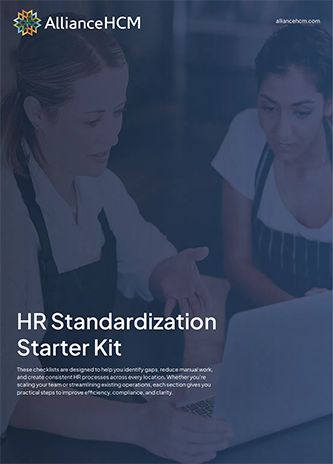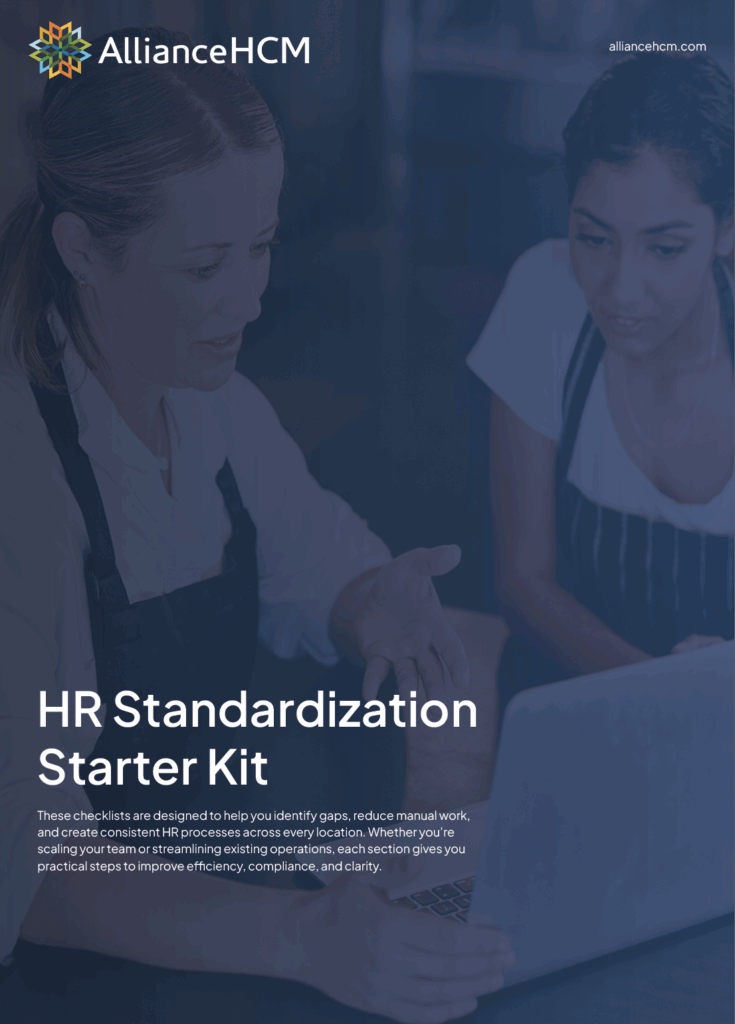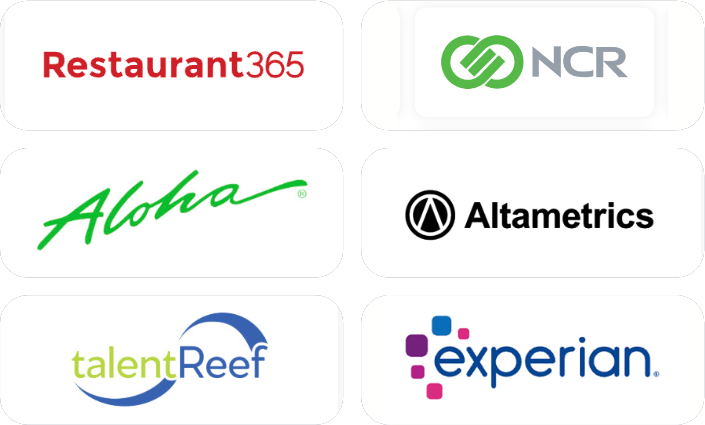Supporting restaurant managers is crucial for the smooth operation and success of any restaurant establishment. Restaurant managers play a pivotal role in overseeing daily operations, covering everything from coordinating staff to managing various challenges that arise in the fast-paced restaurant industry.
In this article, we’ll discuss restaurant manager challenges and three effective approaches to support them. These strategies and insights will help with the ultimate goal of fostering a thriving and successful restaurant business.
Challenges Faced By Restaurant Managers
Effective restaurant management can be a daunting challenge, but it’s essential to ensure the success of any establishment. Here are some common issues managers may face:
- High-stress and fast-paced work environment
- Staffing and turnover issues
- Balancing customer satisfaction and operational demands
- Financial and budgetary pressures
These challenges can place significant pressure on restaurant managers impacting their performance and well-being. It’s important for owners or operators to provide support and resources to help managers overcome them.
By understanding the unique difficulties faced by managers, owners can implement strategies and systems to alleviate stress and streamline operations.

Restaurant Manager Support
1. Clear Communication
Restaurant owners must prioritize clear communication and realistic expectations if they want their managers to succeed. Open lines of dialogue should be established so that everyone is on the same page with regard to responsibilities. With open channels for guidance and knowledge-sharing in place, a restaurant can optimize its operations for maximum efficiency.
Moreover, regular communication and feedback promote a culture of continuous improvement. Managers feel valued and supported when they receive feedback and recognition for their contributions.
This approach also allows owner/operators to stay informed about the challenges managers face, enabling them to provide tailored support and solutions.
2. Training and Development Opportunities
Restaurant owners can ensure success by investing in the growth of their managers. Offering comprehensive training and ongoing development opportunities is a great way to do this. Through this approach, you can equip them with the knowledge needed for how to manage a restaurant effectively.
Training shouldn’t stop at the initial phase. Restaurant managers must stay up-to-date with the latest trends and technologies in order to have the establishment run smoothly.
A few ways you can boost their credibility and restaurant management techniques are through:
- Workshops
- Seminars
- Conferences
- Certification courses
Managers who feel supported in their professional development are more likely to be innovative and dedicated to achieving the restaurant’s goals.
3. Work-Life Balance and Well-Being
The restaurant industry is an incredibly demanding domain. Owners have a responsibility to prioritize the work-life balance and well-being of their managers. By actively supporting these elements, they can ensure that mental, physical, and emotional health are all maintained for long-term success.
To help managers stay energized, owners can encourage managers to set boundaries between work and personal life. This may involve encouraging managers to use their vacation days to take time off and recharge.
You can also implement flexible scheduling options. This way, managers can have greater control over their hours to better manage personal commitments while still being productive at work.
Other ways you can foster a healthy work environment to support managers are through resources such as:
- Wellness programs
- Mindfulness exercises
- Stress reduction techniques
- Frequent breaks
- Regular check-ins
By taking these steps owners can create an atmosphere of safety where employees feel comfortable discussing their mental health needs.
One key aspect to keep in mind is realistic expectations about the amount of work an individual manager can effectively handle. Just as with other employees, a manager’s role and responsibilities should be clearly defined. If a manager is doing work that isn’t a part of their role, it may point toward a need for another role to pick up those responsibilities. It’s much harder for a manager or any other person to maintain a work-life balance if there is simply too much work and not enough people to do it.
Restaurant owners have a lot to gain by encouraging their managers to prioritize work-life balance and well-being. A healthy lifestyle not only benefits the individual manager but also has positive implications for the entire restaurant. Managers will be better equipped to foster a positive work culture and serve as role models for their team members.
A Platform for Success
Restaurant owners need to invest in the support of their management team if they want a successful business. Through effective communication, training, and empowerment strategies, restaurant managers can experience greater job satisfaction. This will lead to better operational efficiency and customer service, which are all essential for long-term success.
We can help you provide your restaurant managers with all the tools they need to succeed. Our human capital management (HCM) platform provides an intuitive and comprehensive suite of features for all your human capital needs.
Our user-friendly interface allows managers to easily handle payroll and HR processes, generate insightful analytics, and so much more. You can have peace of mind with our powerful platform. Your business operations will be streamlined and your managers will have trustworthy support.





